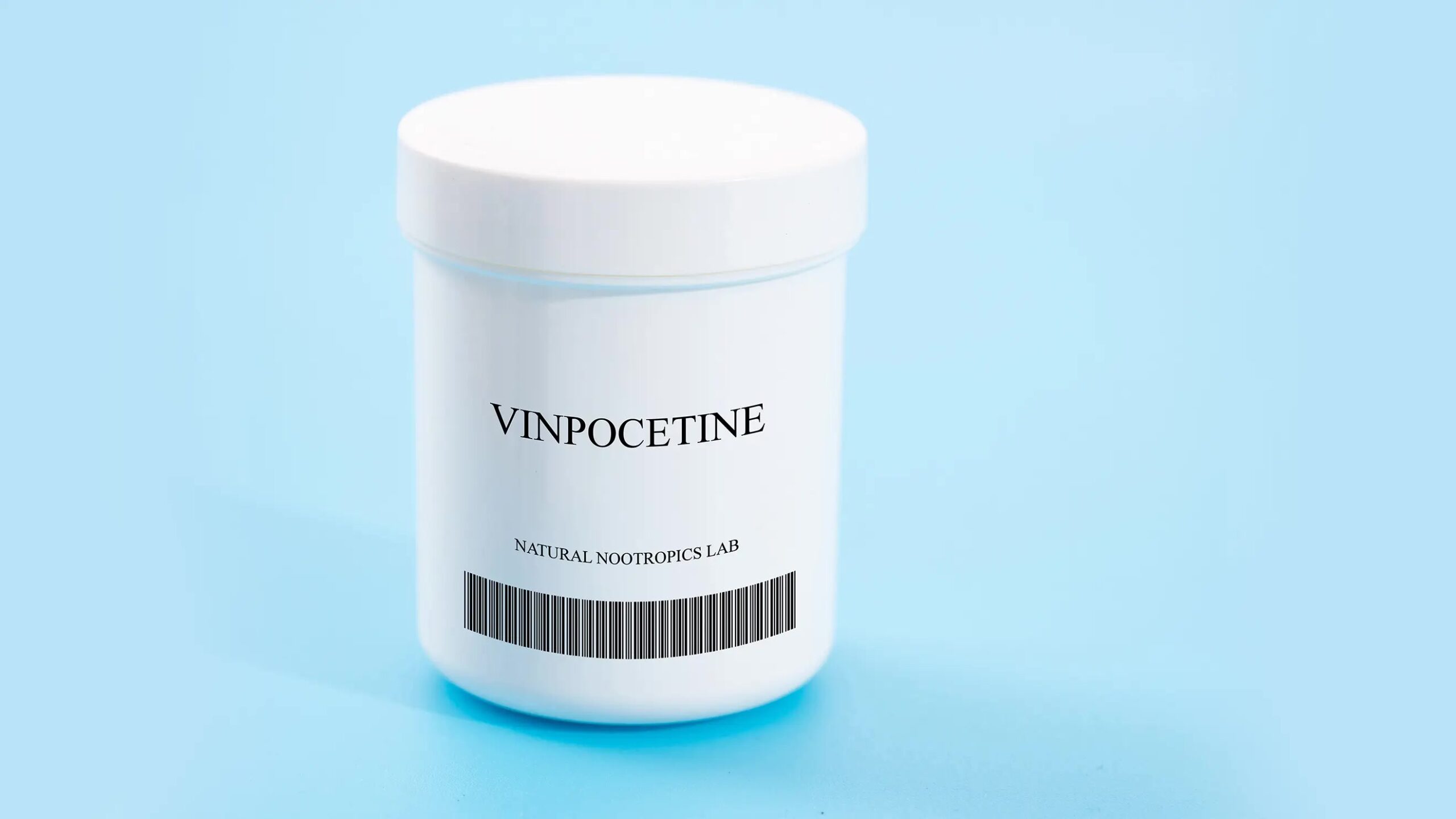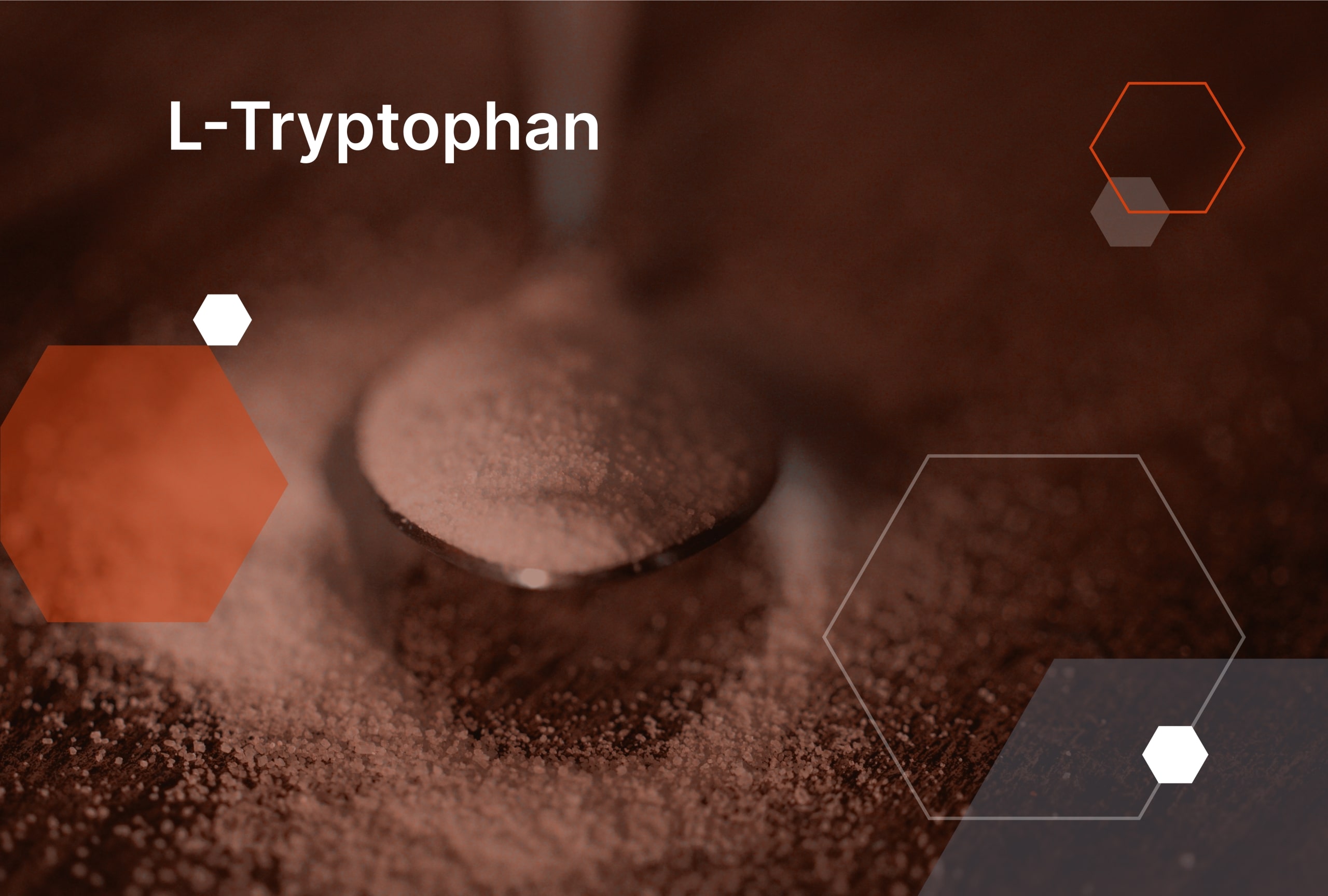Vinpocetine

Vinpocetine is a synthetic compound that is derived from a substance found in the leaves of the lesser periwinkle plant, which is also known as Vinca minor. Vinpocetine is a prescription drug in Japan and in Europe, but it is available without a prescription as a supplement in the United States and in Canada.
What is Vinpocetine?
According to studies, vinpocetine, which has been in use since the 1960s, is useful for its neuroprotective and cerebral blood-flow enhancing abilities. Vinpocetine supports optimal brain functioning by enhancing the functioning of concentration and memory. The supplement is not yet well-known in the United States, but vinpocetine has been in used for decades in Europe as a treatment for brain aging, memory enhancement, cognitive ability restoration, and tinnitus (persistent ringing or noise in the ear).
Vinpocetine benefits
Besides its ability to help boost general brain power, research indicates that vinpocetine is helpful in the treatment of diseases and conditions that benefit from increased blood circulation in the brain. While scientists are still studying the properties of vinpocetine, it is known that the supplement helps to increase the blood flow in the brain. Research indicates that vinpocetine helps to increase the oxygenation of the blood in the brain, assists in protecting brain cells from damage, and inhibits a problematic enzyme know as phosphodiesterase.
While many medical studies are still being conducted, preliminary research indicates that vinpocetine is helpful with a number of diseases and conditions, including:
- Age-related memory impairment,
- Alzheimer’s disease,
- Clinical depression,
- Conditions after a stroke,
- Tinnitus,
- Tremors,
- Ulcers,
- Vascular dementia, and
- Vision conditions.
Vinpocetine side effects
While vinpocetine has been safely used since the 1960s with few adverse side effects, it is not recommended for use by pregnant or nursing women or by children. Patients with prior damage to their liver or kidneys should also avoid the use of vinpocetine. The supplement is not recommended for people with low blood pressure, bleeding disorders, or seizure disorders. Patients taking blood thinners, aspirin, or Coumadin should not take vinpocetine, and the supplement should also be discontinued for two weeks before and after a dental or surgical procedure.
When taken as directed, the use of vinpocetine has virtually no negative side effects. In rare cases, indigestion, dizziness, dry mouth, insomnia, headaches, or drowsiness have been reported. Most health professionals, who recommend starting out initially with a low dose of vinpocetine, report no adverse effects.
How does Vinpocetine help brain function?
Specifically, vinpocetine is a semisynthetic substance which is similar to apovincamine, a naturally-occurring substance found in the leaves from the Vinca minor, or lesser periwinkle, plant. One of Vinpocetine’s primary properties is that of a vasodilator, which stimulates the flow of blood to and in the brain. The supplement helps to boost the cerebral metabolism, increase serotonin, and improve glucose levels within the brain, all of which assist in promoting cognitive functioning and general brain health.
A number of research studies currently underway are expected to reveal more about vinpocetine’s beneficial effects on brain health.
For information about brain supplements which contain vinpocetine, read our reviews!



